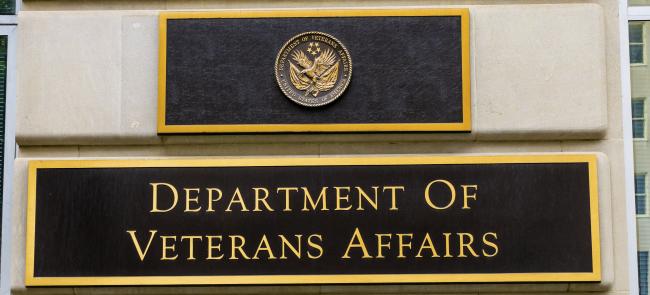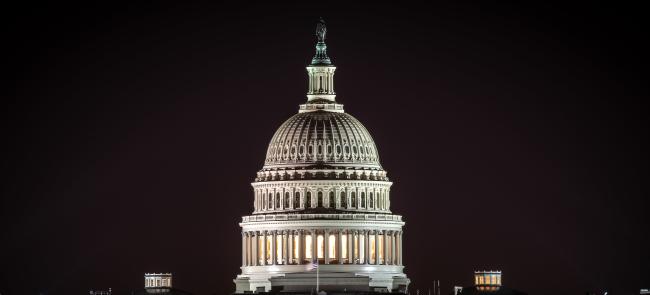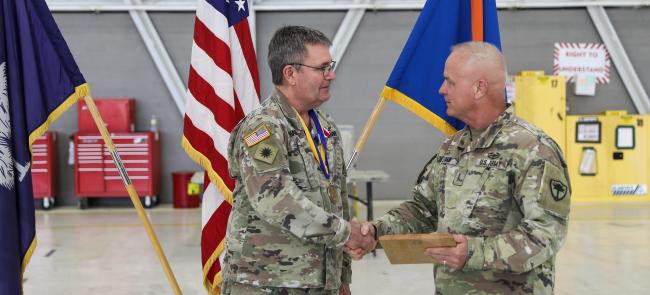
National Guardsmen and Reservists would earn credit toward Post-9/11 GI Bill benefits for nearly every day they spend in uniform under legislation introduced in both the House and Senate.
Currently, reserve-component members only earn such credit when they mobilize and deploy for federal missions, while those in the active component receive credit for every day they serve, wherever they are.
The Guard and Reserve GI Bill Parity Act of 2024 (H.R. 7543 and S. 3873) changes that longstanding difference.
The legislation would count every day a Guardsman or Reservist spends on weekend drills and annual training, attends a military school, participates in an exercise or responds to a disaster in a federal status towards eligibility.
Reps. Mark Takano, D-Calif., the ranking member of the House Veterans’ Affairs Committee, and Mike Levin, D-Calif., the ranking member of the HVAC’s Economic Opportunity subcommittee, introduced the bill in the House.
Sens. Jon Tester, D-Mont., the chairman of the Senate Veterans' Affairs Committee, and Jerry Moran, R-Kan., the committee's ranking member, are the Senate sponsors.
"All servicemembers, no matter whether they serve in the active or reserve components, deserve benefits for doing their jobs and risking their lives for our freedoms," Levin said in a joint press release with Takano issued Monday.
"Our bill would ensure that servicemembers in the National Guard and Reserves, who spring into action during national emergencies at a moment’s notice, get crucial GI Bill benefits and that every day they spend in uniform counts toward those benefits," he added.
"This legislation would make certain that Guardsmen and Reservists who are performing the same services as active-duty servicemembers are eligible for the same GI Bill benefits," Moran said in a March 7 joint press release with Tester.
"Right now, too many deserving men and women aren’t eligible for GI Bill benefits, so our bipartisan legislation will ensure Guard and Reserve members who serve their country will get the educational benefits they’ve earned," Tester added.
The House considered similar legislation in the 116th (2019-2020) and 117th (2021-2022) Congresses.
The full House passed such a bill in 2022, but it never won Senate backing.
This year, the Guard and Reserve GI Bill Parity Act has the full bipartisan support of the House and Senate Veterans’ committees, lawmakers said.
It is also endorsed by multiple veterans and military support organizations, including NGAUS.
"The GI Bill has proven to be one of the most transformational policies for the force passed in the 20th century," said retired Maj. Gen. Francis M. McGinn, the NGAUS president. "It is far past time that this benefit applies equally to the active and reserve components."
The Post-9/11 GI Bill offers up to 36 months of educational benefits for college tuition and fees, housing and books and supplies.
The full benefits require 1,095 days (or 36 months) of service, but those with just 90 days of creditable service qualify for 50%, according to the Department of Veterans Affairs.
The benefits can also be transferred to a family member.
— By John Goheen











